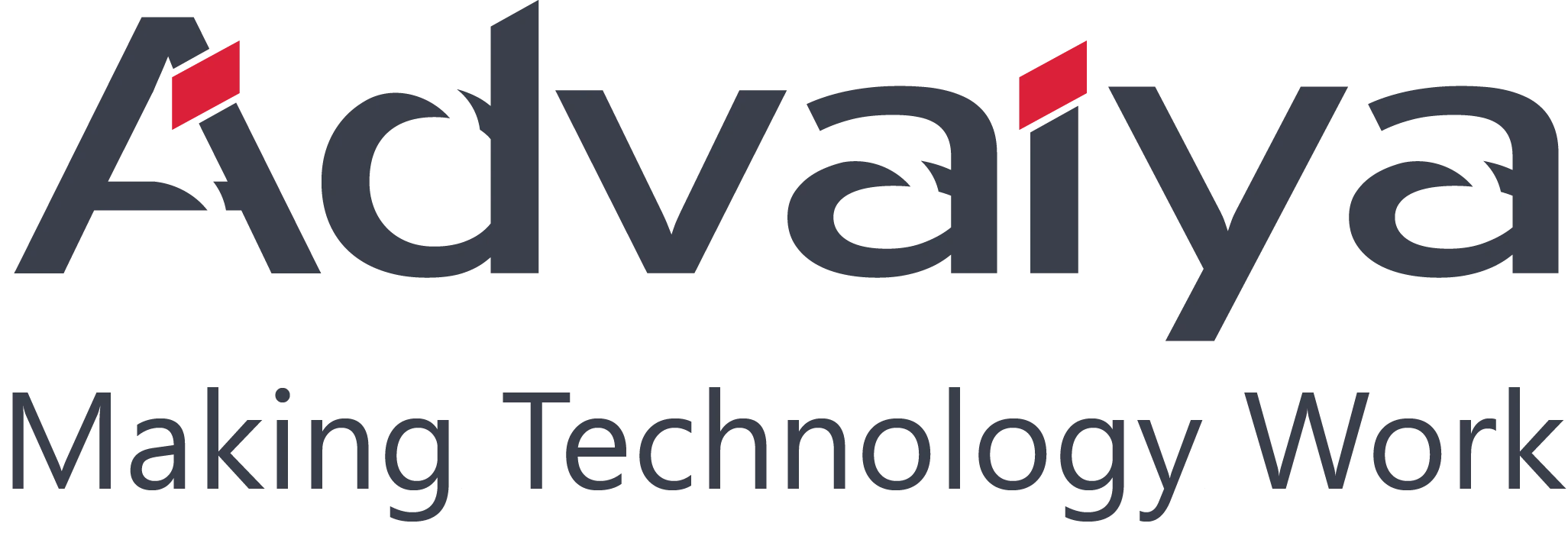More and more organizations are embracing cloud for their own advantages such as cost effectiveness, easy setup, easy accessibility, scalability, unlimited storage, backup and recovery, agility, flexibility and business continuity. Cloud computing certainly offers these benefits to small and large organizations, but it also has its downsides in respect to security. Also, with modern business workers accessing the enterprise networks from multi-platform devices and various geographical locations, cloud security becomes paramount for any business.
Cloud hosted applications open up the door for hackers, and the traditional monitoring solutions do not work anymore. With increased cloud adoption, many forces are driving the need for immediate cloud security solutions to be in place.
Forces driving cloud security
Protect against known and unknown threats – Sophisticated cyber threats and data hacking attempts are increasing day by day. Now, organizations are looking towards complete protection against persistent threats and attacks. Businesses want to secure web and email with increasing malware threat and data breaches to reduce downtime. They are looking for real-time protection and prevention system against advanced malware.
Quickly respond to incidents – Threat intelligence and automated threat response needs to be in place to analyze the threat events and quickly respond during attacks.
Privacy and data control – Organizations want to have policies in place to protect sensitive data, determine database assets and risks, and keep information safe and compliant with governance and regulations.
With the increase in number of mobile workforces accessing the private network, identity and access management have become crucial. Employees go for cloud applications to remain highly productive, but as discussed above, this becomes a gateway to data breaches. Hence, organizations essentially need a robust data loss prevention system to safeguard sensitive data from breaches.
Safeguard against network attacks: Mobile workforce across the globe demand security solution for protecting various devices such as laptops, smartphones, PDAs from attacks and malwares. Also, the complex IT infrastructure requires robust solution to secure network from outside attacks.
Protecting applications and data in virtualized environment – Organizations have started adopting flexible, on-demand infrastructure to provide virtualized environment, which raises the need for protecting applications and data stored in private, public or hybrid environments. Hence, manageability and security becomes an utmost requirement in virtualized environment.
Aspects of Security
Organizations, before moving business-critical data to the cloud, need to make sure that various aspects of security are in place. Here are several security solutions that enable organizations to take control of their cloud security.
Web Security – Web security helps organizations to provide complete protection against web threats with antimalware and advanced threat protection.
IDS/IPS – Intrusion detection and prevention system enables a comprehensive layer of security and provides efficient monitoring and prevention of vulnerability exploits over network or system.
SIEM – Security Information and Event Management is crucial for businesses across the globe and organizations need threat intelligence and analytics in place to analyze the activities before, during and after a log event.
Network Security – Network Security enables organizations to continuously monitor assets and network traffic to eradicate attacks and stop them from being spread across the network anytime and wherever they appear.
DLP – Data Loss Prevention protects sensitive data in organizations from unauthorized access and from moving it outside the corporate network.
Encryption – Encryption enables organizations to fully protect sensitive data, whether in transit or storage and ensure security and compliance. The data or text is transformed using encryption algorithms thereby protecting it from data breach incidents.
Virtualization Security – Virtualization security enables protection of data and applications stored in public, private or hybrid environments from threats.
Database Security – Database security enables organizations to determine database assets and risks, and protect sensitive data in compliance with governance and regulations.
IAM/IDAAS – Identity as a Service (IDaaS), offers identity and access management functions such as user provisioning, authentication, authorization and single sign-on to have secure and controlled access to applications and data on cloud based on defined IT policies.
BCDR – BCDR ensures business continuity over the cloud, be it public, private or hybrid, by enabling all the disaster recovery options and data protection they need.
In response to the market need for cloud security solution, many vendors are investing in providing security services for cloud. Some of the top vendors providing next generation cloud security solutions include Trend Micro, Cisco, Veracode, Netskope, CipherCloud, Zscaler, Palo Alto Networks, Hytrust, and Akamai. These vendors are helping organizations to adopt one or the other aspects of security as discussed above.
Advaiya has an extensive knowledge of building the right cloud strategy and implementing cloud solutions to meet unique needs of customers. We provide guidance to smartly choose the cloud vendor and their services and help in cloud migration phases and activities, keeping the long term goals and objectives in mind.
We are also working with various cloud security vendors to help them position and market their offerings based on dynamic market trends.


